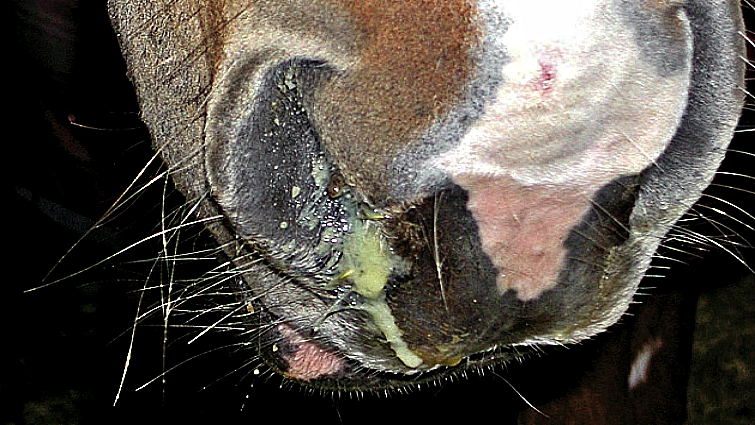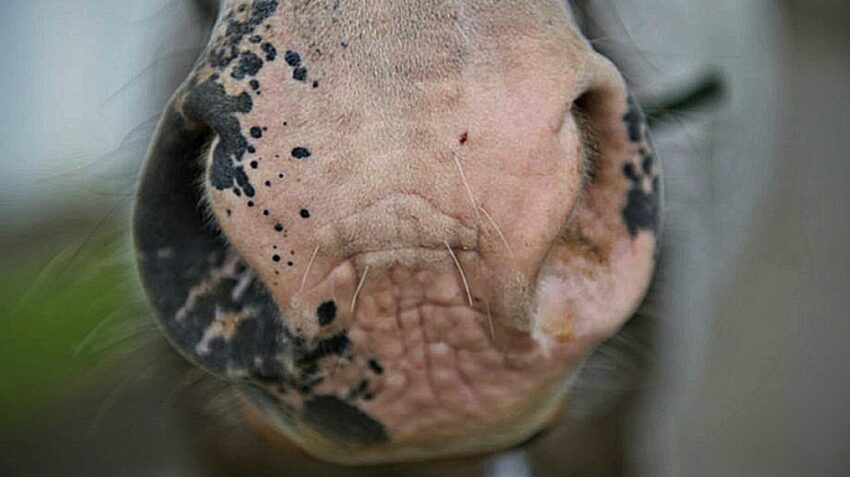Inhaled pollens could be “enhancing” the chance of horses contracting the herpes virus type one (EHV1), a study has shown. Pollens are widely recognized as triggers for allergies and asthma but researchers at Belgium’s University of Ghent wanted to look more closely at how they interact with the mucosal membranes that line the respiratory tract. The study’s authors said that pollens are an increasing cause for concern in today’s society.

“Global warming and today’s air pollution already led to longer-lasting and increased pollen concentrations in the ambient air and might cause future massive burdens if not prevented,” the report said. “How pollens interact with the respiratory mucosa remains largely unknown due to a lack of representative model systems.” It is generally accepted that when pollens are inhaled by animals and are hydrated by the respiratory tract, they release a number of substances including allergens and proteases [enzymes that break down proteins and peptides].

The research, led by Jolien Van Cleemput, studied the impact of these proteases on the epithelial cells that form the surfaces of the respiratory membranes. Using samples of Kentucky bluegrass, white birch, and hazel, the researchers were able to demonstrate how the pollen proteases “selectively destroyed” the integrity and anchorage of respiratory epithelial cells by disrupting the intercellular junctions. The study went on to explore whether the damage to the epithelial barrier resulted in increased susceptibility to pathogens.

It looked at the alphaherpesvirus (EHV1), which is known to invade hosts through the respiratory mucosae. Research had previously demonstrated that the main alpha herpes receptor only became accessible if the epithelial layer was disrupted. Results showed a clear increase in infection rates in epithelial cells that had been damaged by proteases, though the invasion was not as significant as in tissues that had been artificially damaged with acid as a control.

